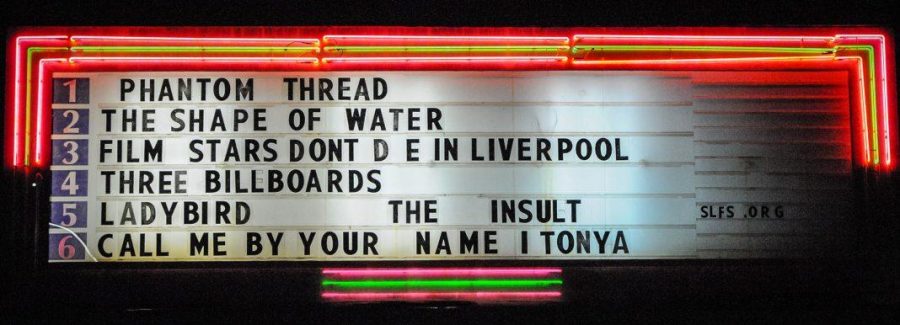Though gender representation in Hollywood has been a source of debate for several years, this issue was catapulted to the forefront of our national consciousness in 2017. The recent cascade of sexual harassment allegations began, after all, with the revelation that influential film producer Harvey Weinstein harassed, bullied and assaulted numerous women during his career. The behavior of many powerful men in the film world showed female creators faced countless obstacles in producing their work. It also demonstrated that right now, films created by women and about women are more important than ever.
Sarah Sinwell is an assistant professor in the Department of Film and Media Arts at the University of Utah. Her research and teaching has focused on, among other topics, the work of female and queer artists, especially in the realm of independent cinema. Though the past year has made it clear that sexism in Hollywood is disconcertingly prevalent, on screen she has seen many reasons to be hopeful.
In general, Sinwell found gender representation in film is improving. She pointed to “Lady Bird” and “Three Billboards Outside Ebbing, Missouri,” both movies centered on a female perspective that received rapturous reviews and awards buzz, but audiences did not need to venture to an art house theater to see more women on screen. The three top grossing films of 2017 in the United States were “Star Wars: The Last Jedi,” “Beauty and the Beast” and “Wonder Woman,” and all of them had female protagonists. Sinwell theorized the industry is realizing a hunger to see female characters take a leading role.
“I think the desire for female stories by and about women is growing, and the box office numbers are showing that audiences want to see these films in great numbers,” Sinwell said.
Sinwell said right now, there are many female writers and directors who are creating innovative, engaging work. She expressed excitement about the recent acclaim of Greta Gerwig, the only woman nominated for Best Director at this year’s Academy Awards. Gerwig also received a nomination for Best Original Screenplay. Sinwell also advocated for lesser-known artists, like Celine Sciamma, who directed “Tomboy” and “Girlhood,” and Chloe Zhao, who directed “Songs My Brothers Taught Me” and “The Rider.” Additionally, she recommended writer-directors whose primary work is in television, such as Jane Campion (“Top of the Lake”), Issa Rae (“Insecure”) and Jill Soloway (“Transparent” and “I Love Dick”). These artists work in different mediums, genres and styles, but they all push the envelope in unexpected ways.
“All of these directors and writers expand upon the multiplicity of female experiences by expanding upon and questioning traditional understandings of both femininity and masculinity,” Sinwell said.
While there are plenty of reasons to be optimistic about gender representation in film, it is obvious that significant progress still needs to be made. Female talent is underrepresented both in front of and behind the camera, and Hollywood still lacks diversity across the board, not just in regard to gender. Sinwell pointed out that while any film about female experiences is a step in the right direction, certain kinds of women are too often marginalized on screen.
“I would like to see more stories written by, shot by and directed by women. I would also like to see more women of color, more queer women and more differently-abled women represented on screen,” Sinwell said. “I think it is important that roles for women reflect the multiple ways in which women experience the world. It is not enough just to include a woman of color or a queer woman, these characters should be many-layered, complicated and not just stereotypes.”
While it may seem there is no way for an average person outside the industry to create change, there are several ways consumers can encourage the production of stories created by women. Sinwell said seeing “female-driven, female-directed and female-written films” in theaters, especially on opening weekend, is a surefire way to ensure these types of narratives are financially successful. She also pointed out audiences craving complex female characters might find more to offer in independent and foreign films than in the average multiplex fare.
Additionally, several non-profit organizations committed to helping female filmmakers, such as Women Make Movies, Chicken & Egg Pictures and Gamechanger Films, are in need of constant support. Even seemingly small acts can have a big impact, and soon audiences may find that the cinema is a more representative — and interesting — place.
j.petersen@dailyutahchronicle.com
@jpetersen7


